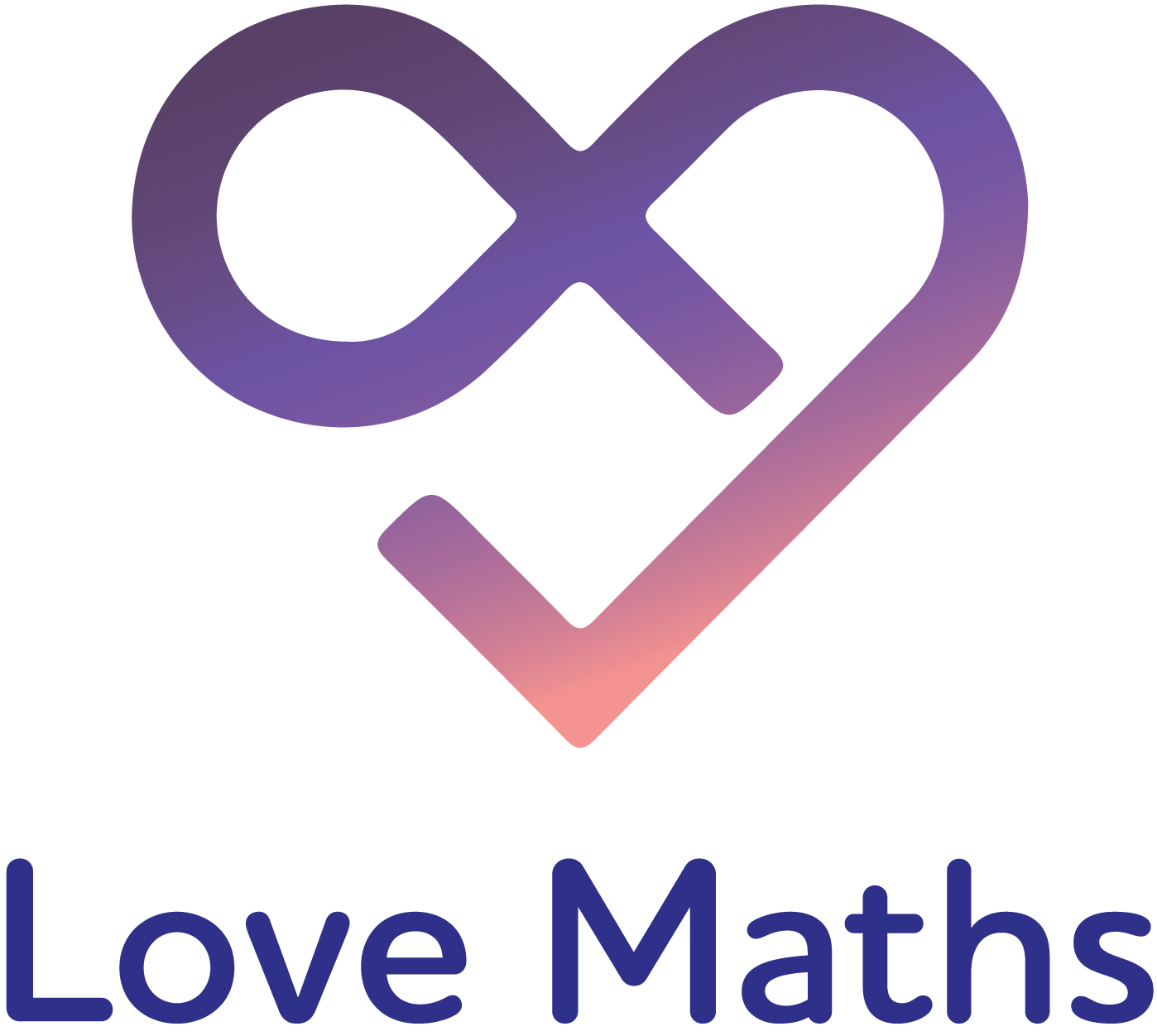Professional Development Workshops
Listed below is a sample of some of our more popular workshops. These sessions run from anywhere between one hour and across an entire day and they can be modified, combined, condensed or lengthened to meet the needs of your staff and your school.
Ensuring your Explicit Teaching is Effective and Engaging
There is currently a push for greater emphasis on explicit teaching in maths classrooms both in Australia and across the globe. This session aims to help teachers and school leaders with practical ideas to make explicit instruction both effective and engaging. The effectiveness of any practice in a maths classroom is measured by how well we build conceptual understanding with our students. We will outline four key questions that any educator can use to help improve their capacity to build conceptual understanding, bringing these to life with work samples and anecdotes from classrooms across Australia.
Unpacking the Proficiencies
One of the issues with much of the current maths professional development is that it spends a lot of time focussing on what we need to teach and comparatively little time on how to actually teach it. This workshop looks at the best way for students to learn by examining the four proficiencies (understanding, fluency, reasoning and problem solving). Participants will explore each of the proficiencies via engaging tasks sourced from classrooms.
What’s the Big Idea?
One of the issues facing educators is a crowded curriculum, and there is perhaps no subject where this is more evident than in mathematics. So how do we prioritise which elements of the curriculum to emphasize? What are the key aspects of mathematics that students need to focus on to ensure that their long-term progress is not adversely impacted? And how can teachers make meaningful connections across content strands, to help students develop a relational understanding of mathematics? This workshop will explore the big ideas of the curriculum- what they are, why they are important, and how to ensure your school is planning to teach them properly.
Differentiation That Works
One of the greatest challenges confronting teachers is how to best cater for the wide range of abilities in our classrooms. In this workshop, we investigate a variety of effective yet practical approaches to ensure your students’ diverse learning needs are being met. Topics covered can include how to plan differentiated sequences of lessons, when to use focus groups and how to ensure that they are truly fluid, and the important role that student collaboration plays in effective differentiation. We can also explore a variety of lesson structures that are easily adaptable to suit a range of content areas and year levels.
Challenging Problem Solving Tasks
In this workshop, we explore challenging problem solving tasks that will engage all of your students, from the most reluctant to those who are extremely confident problem solvers. By taking your staff through a problem solving session, they will look at a variety of elements, including lesson structure, questioning and how to differentiate in order to ensure that the cognitive challenge is appropriate for each individual student. We also outline some simple steps that will help teachers write effective enabling and extending prompts and then support them, as they plan tasks to make them optimal for their current class.
Reasoning: More Than “Can You Explain Your Thinking?”
This hands-on workshop provides an in-depth look at all of the different aspects of the Reasoning proficiency. We explore how you can get your students thinking and working like mathematicians by taking your staff through a series of engaging warm-up activities and lesson ideas. This workshop also focusses on the crucial role that questioning plays in developing students’ capacity to reason. Teachers will leave with a range of practical ideas, as well as an increased understanding of how other tasks can be modified to ensure that your students are proving, comparing, contrasting, explaining, justifying and analysing on a regular basis.
Developing Fluency and Number Sense
One of the most misunderstood sections of the maths curriculum is fluency, with many people believing that this is about students shouting out ROTE-learned number facts on command. This session will explore what it means for your students to be truly fluent- thus making them the boss of the numbers and not the other way around. You will leave with a range of practical ideas that you can implement immediately to help your students achieve success.
Open-Ended Tasks
This workshop will focus on how teachers can enhance student learning while also increasing engagement, simply by changing the type of questions that they ask. A somewhat boring lesson where students are practising a skill that they have previously learned (e.g. using a written method to solve multi-digit subtraction equations) can be transformed into an engrossing challenge via a few simple steps. We will explore the benefits of using open-ended tasks by sharing examples that have been successfully implemented in classrooms. We also outline some methods that can be used to create open-ended tasks across all of the strands of mathematics and for all year levels.
Engaging Warm-Up Activities and Games
One of our most popular workshops, this session will take your staff through a range of games and activities that can be used to ensure that each and every maths lesson gets off to the best start possible. The activities presented have been selected because they are easy to set-up, extremely engaging, rich in mathematical language/concepts and can be used repeatedly across the school year. Teacher confidence is one of the key elements when it comes to improving student learning in maths. This workshop is a great first step to get your teachers to fall in love with maths again!
Exploring the Launch, Explore & Summarise Instructional Model
In this workshop, we examine the Launch-Explore-Summarise instructional model. What are the key features of this approach to structuring a maths lesson and how does it differ from other, more traditional lesson structures? Attendees will participate in a modelled lesson/s, allowing them to gain a deeper understanding of the benefits of using this approach. This can include a focus on how this instructional model can be adapted to suit a variety of lesson styles (e.g. problem solving, explicit instruction, game-based learning). We will also explore issues such as student agency, differentiation, teacher questioning and perhaps most importantly- student engagement.
Number Sense Workshops
One of the questions we are most frequently asked is what’s the best way for students to learn their multiplication facts. This workshop introduces a practical method to ensure that your students are learning facts in a meaningful way that supports their conceptual understanding. This approach prioritises student engagement, helps build strong links between the classroom and home environments, and has differentiation built into its structure, thus ensuring students are working on goals that align with their current learning needs.
Love Maths also offer workshops on a wide range of other topics including Place Value, Addition & Subtraction, Multiplicative Thinking, Fractions/Decimals & Percentages, Statistics & Probability and Measurement. We can tailor a professional development program to suit the needs of your school. For more information, please contact us.







